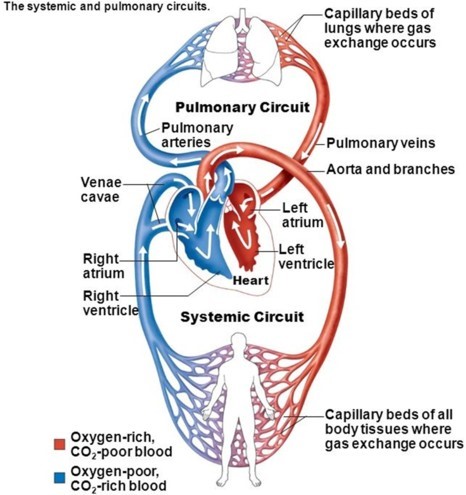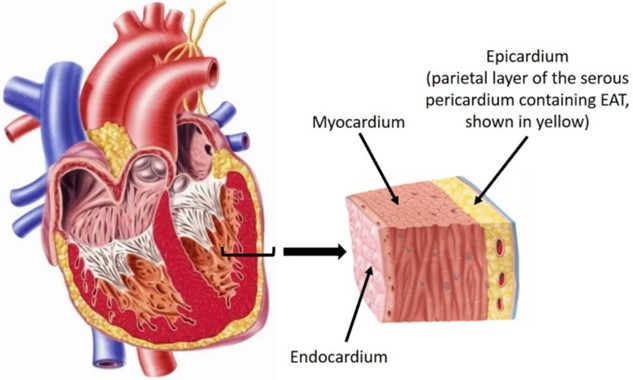A person with type AB blood can successfully receive blood from:
All blood types.
Only type O blood.
Only two of the blood types.
Only one of the blood types.
The Correct Answer is A
A person with type AB blood can successfully receive blood from all blood types.
This is because type AB blood has both A and B antigens on the surface of red blood cells, and therefore does not have antibodies against either antigen in the plasma.
Type AB blood is also called the universal recipient.
Choice B is wrong because type AB blood can receive more than just type O blood.
Type O blood is the universal donor, meaning it can be given to anyone, regardless of their blood type.
Choice C is wrong because type AB blood can receive more than just two of the blood types. Type AB blood can receive both A and B blood, as well as O and AB blood.
Choice D is wrong because type AB blood can receive more than just one of the blood types. Type AB blood can receive any blood type without problems.
Normal ranges for blood types vary by population, but generally, type O is the most common, followed by type A, type B, and type AB.
Nursing Test Bank
Naxlex Comprehensive Predictor Exams
Related Questions
Correct Answer is D
Explanation
The systemic circuit sends oxygen-rich blood to the tissues.

It is part of the circulatory system that carries blood away from the heart, delivers it to most of the organs and tissues, and returns it to the heart again.
Choice A is wrong because it describes the pulmonary circuit, which brings oxygen-poor blood from the heart to the lungs.
Choice B is wrong because it is the opposite of what the systemic circuit does.
The systemic circuit brings oxygen-rich blood from the heart to the tissues, not from the tissues.
Choice C is wrong because it is also the opposite of what the systemic circuit does. The systemic circuit sends oxygen-poor blood to the heart, not from the heart.
Correct Answer is B
Explanation

The endocardium is the thin inner lining of the heart chambers and also forms the surface of the heart valves.
Some possible explanations for the other choices are:
Choice A is wrong because the pericardium is the sac that surrounds the heart and consists of two layers: the fibrous pericardium and the serous pericardium.
Choice C is wrong because the myocardium is the thick middle layer of muscle that allows the heart chambers to contract and relax to pump blood to the body.
Choice D is wrong because epicardium is another name for the visceral layer of the serous pericardium that is fused to the heart and is part of the heart wall.
Whether you are a student looking to ace your exams or a practicing nurse seeking to enhance your expertise , our nursing education contents will empower you with the confidence and competence to make a difference in the lives of patients and become a respected leader in the healthcare field.
Visit Naxlex, invest in your future and unlock endless possibilities with our unparalleled nursing education contents today
Report Wrong Answer on the Current Question
Do you disagree with the answer? If yes, what is your expected answer? Explain.
Kindly be descriptive with the issue you are facing.
